
Culture & Sports
11:20, 30-Dec-2016
Criticizing criticism: film reviews under hot debate in China
Updated
10:29, 28-Jun-2018

Following a triumphant great leap of more than 40 percent annual growth over five consecutive years, China’s film industry was expected to see an even bigger and more profitable box office in 2016 by many business insiders, said Beijing Morning Post in a yearly review of the industry.
That optimism was abruptly burst by a reality much colder than expected. With their tastes becoming more “mature and stable”, Chinese audiences are reluctant to pay for and see bad, poorly reviewed movies, observed the report, saying that’s why few domestic movies are reaching the same dramatic financial highs as easily as they did previously. “The fanatic era seems to be over,” it said.
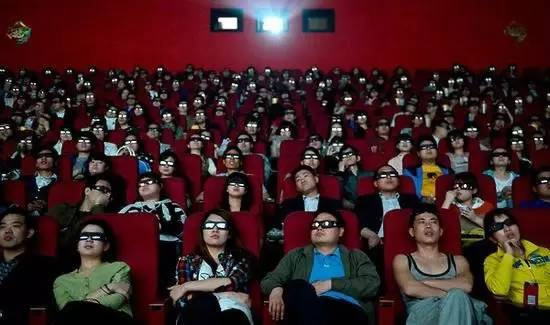
While disappointed film executives are trying to dig out every possible theory to explain this frustration, People’s Daily chose to put the blame on China’s online film critics, with an article posted online on Tuesday night, challenging two film review websites, Douban and Maoyan, both of which are widely used among Chinese netizens. And that accusation against critics of harming the industry has caused big trouble.
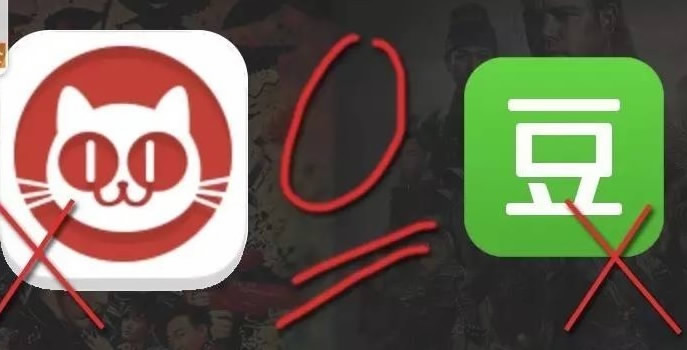
Maoyan (left) and Douban (right) are under fire
Maoyan (left) and Douban (right) are under fire
The problem started with three big-budget Chinese films hitting the big screen in December. All three featured famous filmmakers such as Zhang Yimou and Wong Kar-wai, along with big name actors like Takeshi Kaneshiro, Matt Damon, Tony Leung and Jackie Chan. All three movies - The Great Wall, Railroad Tigers and See You Tomorrow - received disappointing ratings on these two websites.
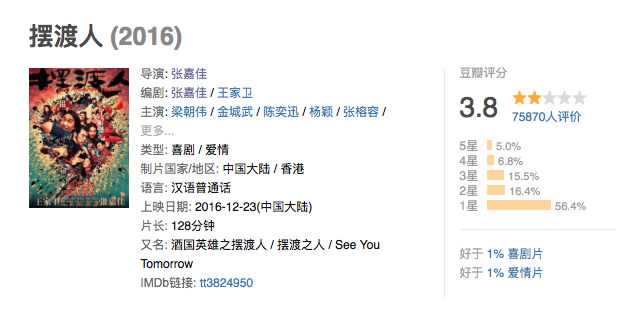
See You Tomorrow, directed by bestselling writer Zhang Jiajia, produced by Wong Kar-wai
See You Tomorrow, directed by bestselling writer Zhang Jiajia, produced by Wong Kar-wai
The article posted by People’s Daily argued that the rating system of Douban could have been rigged, because “more than one thousand one star ratings (the lowest rating) appeared during the movie's premiere, and around 200-300 positive comments were deleted with the accounts suspended”. The article referred to an unidentified “business insider” who suggested that hacked accounts could have been used to manipulate ratings by submitting a mass amount of fake reviews. An anonymous “film commentator” contributed to the piece, implying that Douban administrators could have intervened with their own rating system due to personal preferences.
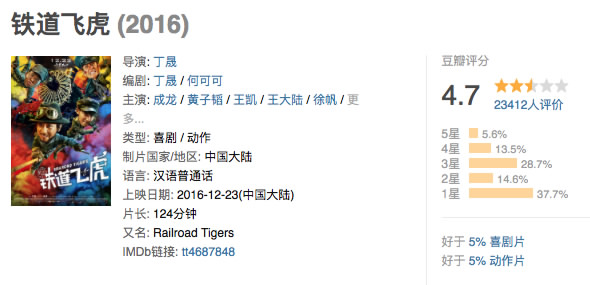
As for Maoyan.com, which posts “expert ratings” from 69 selected film critics alongside “public ratings”, the three films received much lower ratings from professional reviewers than from the public. The website was criticized for juxtaposing these two kinds of ratings, because “one person’s opinion should never outweigh that of 10,000 others”.
“Misled by these low ratings, the audience was made to believe that the Chinese films were a disappointment and hence, walked away from them,” the article concluded.
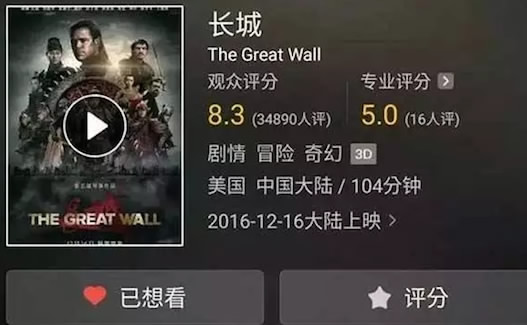
Ratings for The Great Wall on Maoyan.com. 8.3 is the aggregate score given by the public, while 5.0 is the average score given by professional critics.
Ratings for The Great Wall on Maoyan.com. 8.3 is the aggregate score given by the public, while 5.0 is the average score given by professional critics.
The People's Daily article made waves within 24 hours of being published. Maoyan.com took down its professional critic's rating system on Tuesday night. Rumors spread online that the state’s cinema authoritative body had talked with Douban and Maoyan about the issues surrounding the “overly low ratings” (later refuted by Zhang Hongsen, head of the cinema department of the State Administration of Radio, Film and Television). The next day, China Central Television's movie channel broadcast a five minute feature arguing the same points as the People’s Daily article.
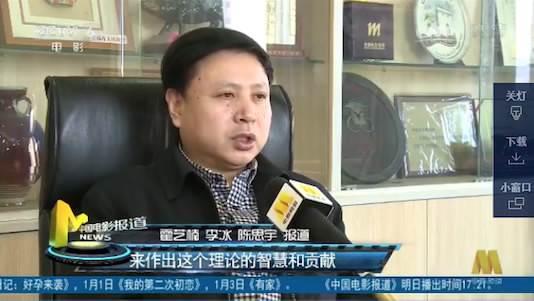
CCTV 6 feature program criticizing film review websites
CCTV 6 feature program criticizing film review websites
As pointed out by the Beijing News report, the existence of online "astroturfers" is a well acknowledged fact among business insiders. “Astroturfers were hired by film traders to flatter their own work products with high ratings and to undercut their rivals with lower ratings.”
In response to suspicions raised about Douban’s rating system, Yang Bo, also known as A Bei, founder and CEO of the website, reposted a blog article published a year earlier, saying that his website counted over 100 million single ratings per month. “That is [a number] that can't be easily manipulated by a few astroturfers,” said Yang. He also noted that Douban continues to refine its anti-manipulation system to better identify and block astroturfers.

Yang Bo, founder and CEO of Douban.com
Yang Bo, founder and CEO of Douban.com
There have long been complaints among Chinese netizens about astroturfers. However, this time, the People’s Daily article against movie critics was itself criticized by users online.
A film review posted by user @jichangan on douban.com was applauded by some 7000 users on the website: "A film crudely made purely for the sake of money, with a ridiculous script, cheap special effects, bad taste and casting. None of these are wrong, but Douban is?"

Matt Damon in "The Great Wall" directed by Zhang Yimou
Matt Damon in "The Great Wall" directed by Zhang Yimou
And that is not the end of the story. On Wednesday evening, 20 hours after the first article was posted, People’s Daily published a second op-ed on its official WeChat account, contradicting its previous argument.
It claimed that samples collected by film review websites were wide enough to reflect public opinion, saying that Chinese domestic movies should be confident enough to face up to all criticism. “All ratings and comments, positive or negative, manipulated or not, should be tolerated as long as the platform remains vast and open,” read the article. While numerous netizens applauded this U-turn, some pointed out the inconsistency between the two articles. The writer replied and said: please refer to this version.

Western websites Metacritic, Rotten Tomatoes and IMDB also collect movie ratings and reviews from the public and professional critics in a similar way to Douban and Maoyan, with the three Chinese movies in question all receiving poor reviews outside of China. Railroad Tigers was called “instantly forgettable, nearly impossible-to-follow” by Variety magazine on Metacritic, receiving a score of 3/10, while The Great Wall was called “dull and numbingly bombastic” by Hollywood Reporter, gaining an average public score of 5.5/10 on IMDB.

Takeshi Kaneshiro and Tony Leung in See You Tomorrow
Takeshi Kaneshiro and Tony Leung in See You Tomorrow
However, western film review websites appear to have little effect on box office performance, when blockbuster smashes like Warcraft, a movie which raked in 200 million US dollars and was a massive hit in China, receive average scores of 28 percent on Rotten Tomatoes.

SITEMAP
Copyright © 2018 CGTN. Beijing ICP prepared NO.16065310-3
Copyright © 2018 CGTN. Beijing ICP prepared NO.16065310-3